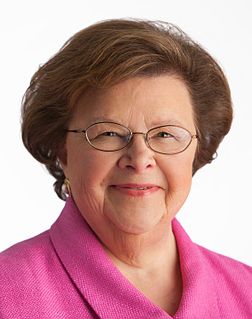A Quote by John Grisham
Related Quotes
I think smart aggregation is a service to readers. And we do it, too ... . Whether it's a politics page and you want Dan Balz to tell you what is he reading, what does he think are the smartest articles today on the elections or the primaries. So, I think aggregation is great ... . So I'm all for aggregation. And the more eyeballs we can get to our content, the better. We do want readers to be educated and to understand the difference between, what is a source that you can trust as opposed to just rumors out there. And the difference between just repurposing content and not crediting it.
A reader is entitled to believe what he or she believes is consonant with the facts of the book. It is not unusual that readers take away something that is spiritually at variance from what I myself experienced. That's not to say readers make up the book they want. We all have to agree on the facts. But readers bring their histories and all sets of longings. A book will pluck the strings of those longings differently among different readers.
The libertarian approach is a very symmetrical one: the non-aggression principle does not rule out force, but only the initiation of force. In other words, you are permitted to use force only in response to some else's use of force. If they do not use force you may not use force yourself. There is a symmetry here: force for force, but no force if no force was used.






































